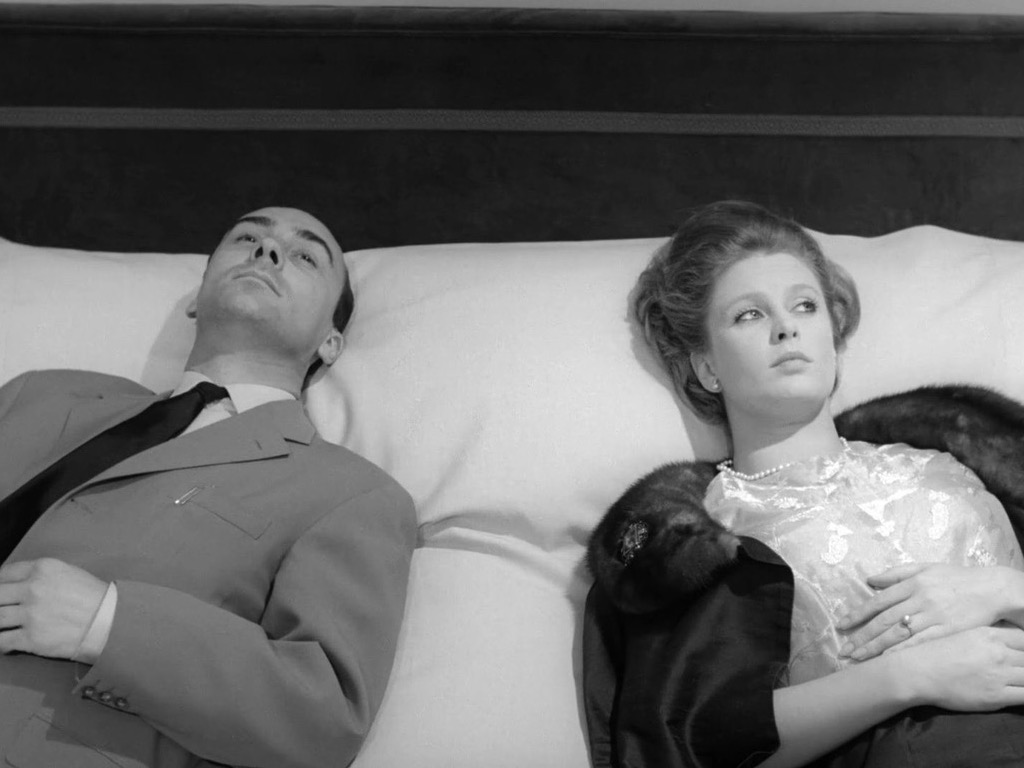
La grande force, en effet, de L’homme au crâne rasé est de restituer objectivement une expérience intérieure, de nous faire voir le monde par les yeux de Govert et de nous montrer Govert en même temps – notre sensibilité arrivant même à se confondre avec la sienne et à un tel point dans la scène de l’autopsie qu’il n’est plus besoin de montrer le personnage, ni ce qu’il contemple pour nous faire partager son désarroi : il suffira de cadrer impassiblement quelques hommes qui s’affairent au-dessus d’un cercueil et une silhouette floue, derrière eux, qui les observe.